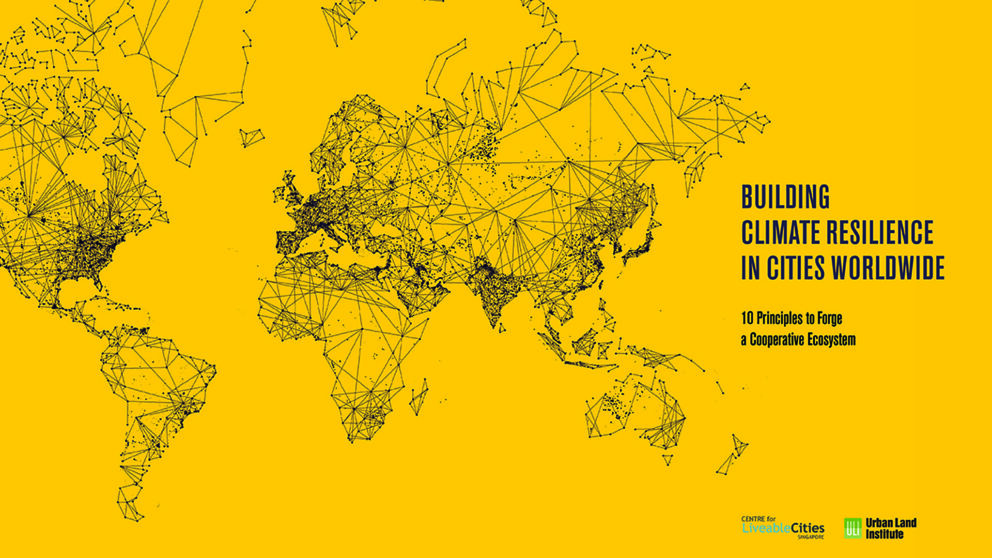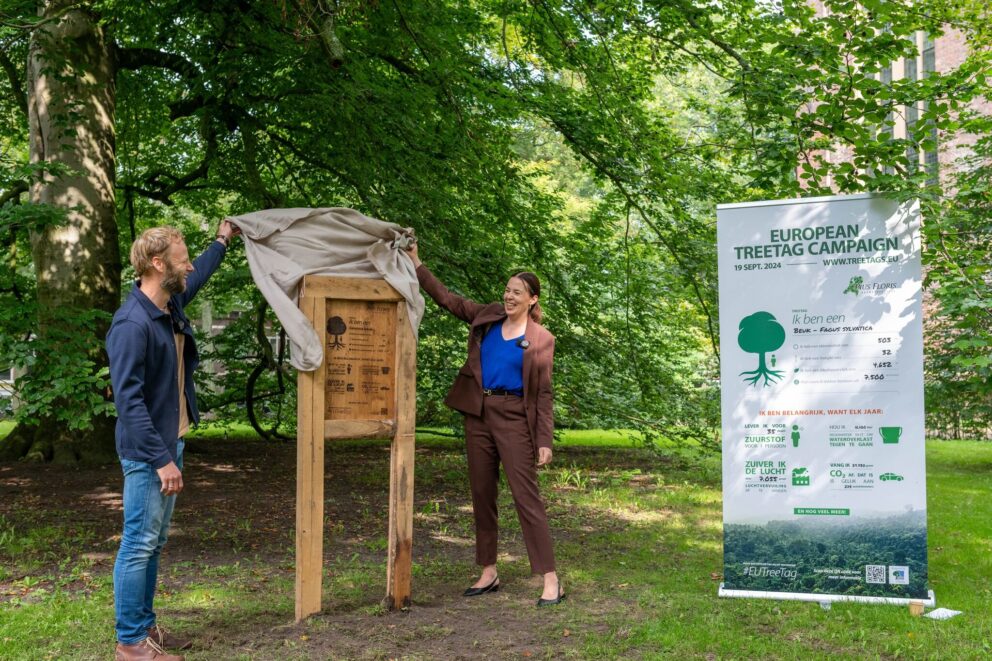The city of Rotterdam is cited as an inspiring example in the e-book: ‘Building Climate Resilience in Cities Worldwide: 10 Principles to Forge a Cooperative Ecosystem.’
Cities everywhere are facing mounting physical, social, and economic challenges from climate risks – especially coastal cities, which are highly vulnerable to sea-level rise and flooding. Building resilience to these impacts will require cooperation and partnership between all sectors – public, private, non-profit, and academic.
‘Building Climate Resilience in Cities Worldwide: 10 Principles to Forge a Cooperative Ecosystem’ aims to facilitate that process by sharing international examples of collaborative resilience-building and synthesizing lessons transferable to any city, based on local contexts and risks.
‘Building Climate Resilience in Cities Worldwide’ is a practical guide for cities to increase their climate resilience in collaboration with the private sector. The ebook is a collaboration between the Center for Liveable Cities (CLC) in Singapore and the Urban Land Institute (ULI). Both parties are committed to promoting liveable cities that are dynamic, vibrant, cohesive, sustainable and resilient to challenges.
The publication provides a framework and practical guide for cities to enhance their climate resilience in cooperation with the private sector. It shows practical examples of coastal city strategies and investments in Europe, Asia and United States to document international best practices, propose principles for stronger public-private cooperation, and evaluate approaches that are transferable based on a city’s context or risk profile.
Covering both municipal and business perspectives, with a focus on the built environment, real estate, finance, and insurance sectors, the research carries an eye toward mobilising funding and governance structures to effectively support climate resilience.
Full report in English: https://knowledge.uli.org/en/reports/research-reports/2021/building-climate-resilience-in-cities-worldwide





